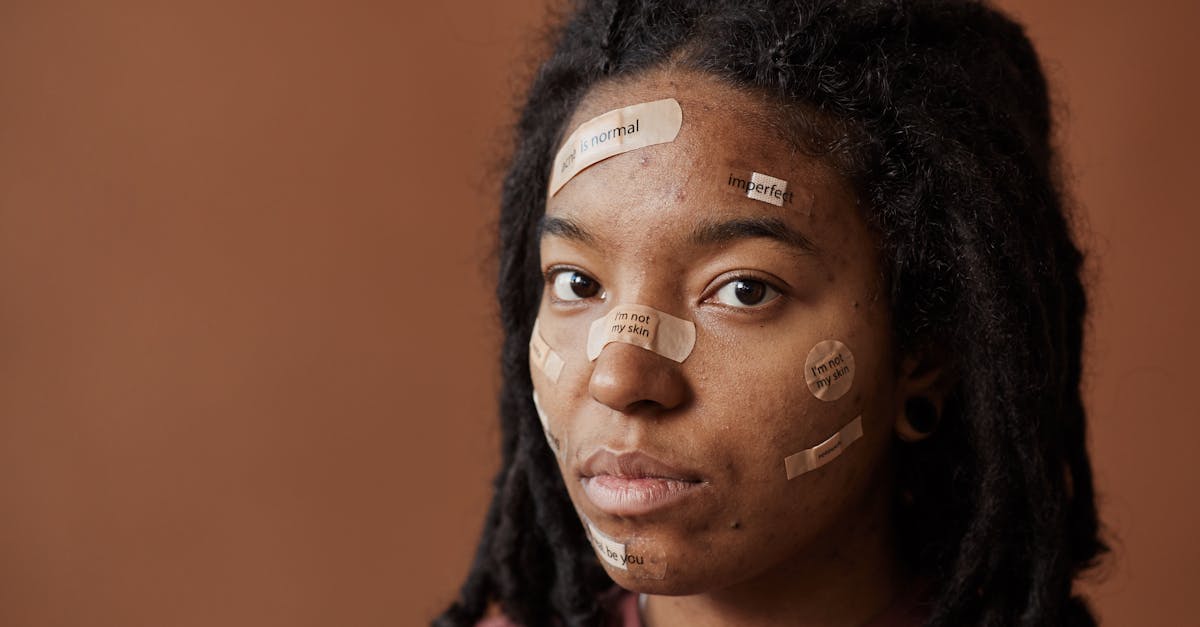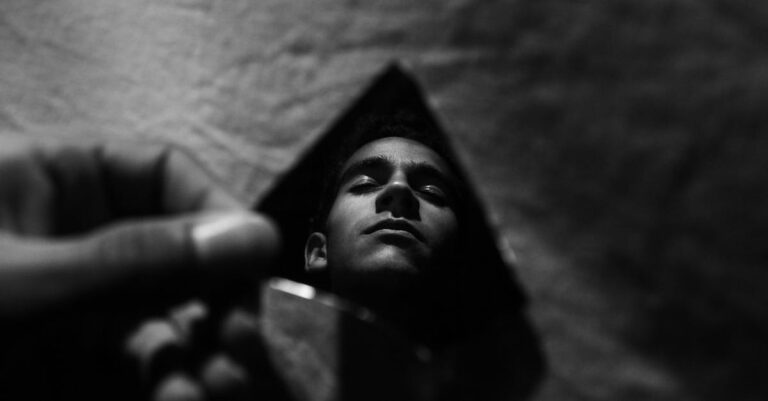
The first memory came as a whisper, not a flood. Jordan lay on the cold steel table, electrodes humming against their temples, and suddenly they were standing on a sunbaked beach, salt stinging their lips. The air smelled of seaweed and burnt sugar, the kind of scent that clings to skin long after the source is gone. A woman’s laughter echoed in the distance, sharp and bright, like glass shattering. Jordan blinked, and the image dissolved, leaving only the sterile whir of machines and the acrid tang of antiseptic.
The sessions began with routine questions—names, dates, childhood recollections—but the answers never felt right. Jordan’s own past blurred at the edges, like ink washed away by rain. Instead, they remembered a man with a scar running from his eyebrow to his jaw, his hands calloused from work. They remembered the scent of gasoline and the low growl of an engine, the way sunlight glinted off a silver locket hanging around a woman’s neck. Each memory felt foreign, yet vivid, as though they’d lived those moments in some other life.
“You’re making progress,” Dr. Voss said, her voice smooth as polished stone. She adjusted the dials on the machine, its red light pulsing like a heartbeat. “The mind is a mosaic, Jordan. We’re just… rearranging the pieces.”
Jordan didn’t ask what happened to the old pieces. They didn’t need to. The question hung in the air, heavy and unspoken.
By the third session, the memories grew sharper. Jordan stood in a dimly lit room, the walls papered with maps and photographs. A child’s drawing of a stormy sea hung crookedly on the wall, crayon lines smudged at the edges. They could hear a voice—low, urgent—murmuring something about “the tide” and “a reckoning.” The sound of rain tapped against the window, steady and relentless. When Jordan opened their eyes, their hands were trembling, and the taste of copper lingered on their tongue.
“You’re seeing more,” Voss observed, her gaze lingering on Jordan’s face. “That’s good. It means the process is working.”
“What if I don’t want it to work?” Jordan asked, the words escaping before they could stop them.
Voss didn’t answer. She just adjusted the machine again, its hum rising like a predator’s growl.
The memories came faster after that. Jordan was in a city, the air thick with smoke and the scent of burnt wood. A man in a dark coat pressed a photograph into their hands—a blurred image of a woman with eyes like storm clouds. “Find her,” he said, his voice cracking. “Before they do.” The moment shattered, leaving Jordan gasping for breath, their chest tight with a grief they didn’t understand.
They began to notice patterns. The same locket appeared in multiple memories, its chain tarnished but still gleaming. The scarred man always seemed to be watching from the shadows. And the woman—always the woman. Her laughter, her scent, her presence in every fragment of this other life. Jordan started to wonder if they’d been someone else entirely, if their own past was just a lie woven by the experiment.
“You’re close,” Voss said one day, her tone almost… hopeful. “Just a little further.”
“Close to what?” Jordan demanded, their voice shaking.
Voss hesitated, then smiled. It didn’t reach her eyes. “To remembering who you really are.”
The next memory hit like a brick wall. Jordan was in a hospital room, the beeping of machines a steady rhythm against the silence. A woman lay on the bed, her face pale, her breath shallow. Jordan could feel the weight of her hand in their own, the warmth of it, the way it trembled. “I’m sorry,” the woman whispered, her voice breaking. “I didn’t mean to leave you.” The moment dissolved, leaving Jordan with a hollow ache in their chest, a grief that felt too big for their own body.
They stopped asking questions after that. Instead, they started searching. In the quiet moments between sessions, they scoured the facility for clues—old files, scribbled notes, anything that might explain the memories. They found a photo tucked inside a drawer: a woman with storm-cloud eyes, her hand resting on the shoulder of a man with a scar. The caption was smudged, but Jordan could make out the words “Before the tide.”
“You shouldn’t be here,” a voice said behind them.
Jordan spun around to find a man standing in the doorway, his face shadowed. He didn’t look like the staff. His clothes were too worn, his posture too tense. “Who are you?” Jordan asked, their heart pounding.
The man didn’t answer immediately. Instead, he stepped closer, his eyes locking onto Jordan’s. “You remember her, don’t you? The woman in the memories.” It wasn’t a question.
Jordan’s breath caught. “How do you know about that?”
“Because she’s your mother,” the man said. “And this place… it’s not what you think. They’re not trying to help you. They’re trying to erase you.”
The words hit Jordan like a physical blow. They stumbled back, their mind reeling. “What are you talking about?”
The man’s expression softened, but his voice remained steady. “They’re replacing you. Every memory, every piece of who you are—they’re swapping it out for someone else. And when they’re done, there’ll be nothing left of you.”
Jordan shook their head, denial thick in their throat. “No. That’s not possible. I’ve seen my family, my life—”
“Your life is a lie,” the man interrupted. “They’ve been feeding you fragments, pieces of a different person’s existence. You’re not Jordan anymore. You’re someone else.”
The words echoed in Jordan’s mind, a cold weight pressing down on their chest. They wanted to believe him, but part of them clung to the memories, the familiar ache of their own past. “What do I do?” they whispered.
The man hesitated, then pulled a small key from his pocket. “Find the room at the end of the west corridor. The one with the cracked window. There’s something there—something that might help you remember who you really are.” He handed Jordan the key, his fingers brushing theirs. “But be careful. They’re watching.”
Jordan stared at the key, their mind racing. The man turned and disappeared into the shadows, leaving Jordan alone with the weight of his words. They clutched the key tightly, their heart pounding in their chest. Whatever was waiting for them in that room, it might be the last chance to reclaim their identity before the experiment finished its work.
The next day, Jordan slipped away during a routine check-up, their heart hammering as they navigated the sterile halls. The west corridor was quieter, the lights flickering slightly as they approached the door with the cracked window. They inserted the key into the lock, feeling a surge of adrenaline as it turned. Inside, the room was dark, but Jordan could see a figure sitting in the corner—a woman, her back to them, her hair cascading over her shoulders like a stormy sea.
“Mom?” Jordan whispered, their voice trembling.
The woman turned slowly, her eyes meeting Jordan’s. “I knew you’d find me,” she said, her voice a mix of relief and sorrow. “They took me too, you know. But I never stopped waiting for you.”
Jordan stepped closer, the weight of the memories crashing down on them. They didn’t know if they were real or just another piece of the experiment, but in that moment, they felt something undeniable—a connection, a truth that cut through the haze of the project’s lies.
As the woman reached out, Jordan hesitated, their mind torn between the life they’d been given and the one they were beginning to remember. The experiment had tried to erase them, but somewhere in the depths of their consciousness, a spark remained—a flicker of identity that refused to be extinguished.


